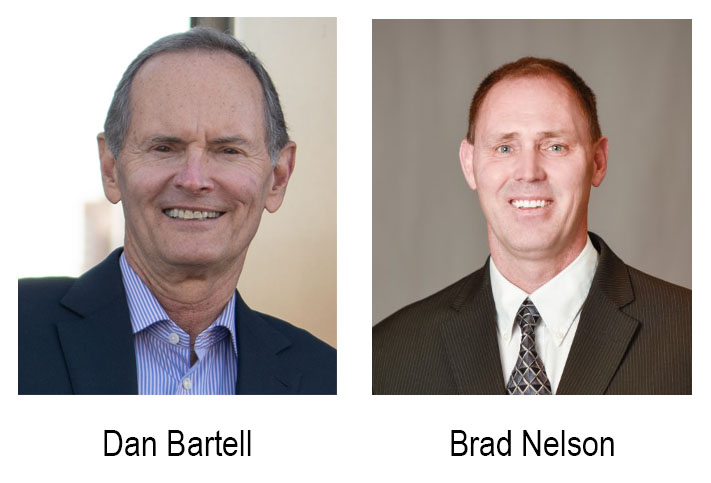Fund That Flip Raises $20M Series B to Expand Offering for Local Real Estate Entrepreneurs
Images from Pixabay
Special News Submission
Rapidly-growing fintech company’s award-winning end-to-end investment platform empowers real estate entrepreneurs to create wealth and value in their communities

Fund That Flip, the New York City- and Cleveland, OH-based real estate-focused fintech platform, recently announced the first close of its $20 million Series B funding round. The financing was led by GPO Fund of New York, with participation from MassMutual Ventures and Tribeca Early Stage Partners. More than 50 Fund That Flip clients also participated in the capital raise via an AngelList syndicate led by proptech investor, Jonathan Wasserstrum.
Earlier investors included Edison Partners and SoundBoard Venture Fund. The investment will help further the expansion of the firm’s proprietary technology platform that provides investors access to scalable capital and passive investment opportunities. The raise will also accelerate the company’s national expansion, development of technological innovations for an underserved industry, and exploration of global opportunities.
“Real estate investors play an integral part of the economy in building homes, creating jobs, and growing businesses and communities,” said Matt Rodak, founder and CEO of Fund That Flip.

“Since our inception, we have been dedicated to solving the problem so many entrepreneurs face: access to capital and technology to grow their businesses. This round of funding accelerates our mission to deliver technology-first solutions that create even more value for the local entrepreneurs who are themselves creating value in their own communities.”
With an aging housing stock and 72 million millennials seeking to transition from apartment living to single-family homes, Fund That Flip is uniquely positioned to expand its technology and track record of enabling local real estate entrepreneurs to scale their businesses with reliable access to financial services and technology. The company plans to continue to broaden its platform into an end-to-end real estate investment operating system designed to support the information and capital needs of the local real estate entrepreneur.

Image from Pixabay
“With this raise, we plan to create even more innovative solutions for real estate entrepreneurs, bring them additional value through optimizing the real estate investing ecosystem with data and technology, and continue to provide unparalleled customer service to help real estate professionals drive their businesses forward. We’re thrilled to partner with GPO Fund because they have a proven model of helping companies disrupt analog markets through the creation of data-driven solutions and platforms,” Rodak said.
As part of the round, Jeff Stewart, partner and managing director at GPO Fund, will join the Fund That Flip board of directors. “I’m really excited by the way Fund That Flip is leveraging data and technology to empower a huge and underserved market. While they have grown tremendously fast over the past twelve months, we believe the opportunity in front of them is enormous,” said Stewart. “Fintech companies are transforming entire industries through vertically integrated technology solutions, and the team at Fund That Flip has an impressive track record of leading that innovation within the real estate space.”

Image from Pixabay
Fund That Flip is one of the fastest-growing private companies in the U.S., on pace to grow its revenue by 300% year-over-year and doubling its customer base since 2020. Their technology platform has facilitated over $1 billion in real estate investments, with 99.1% return of principal, and has achieved profitability since the close of their Series A in August 2019.













































